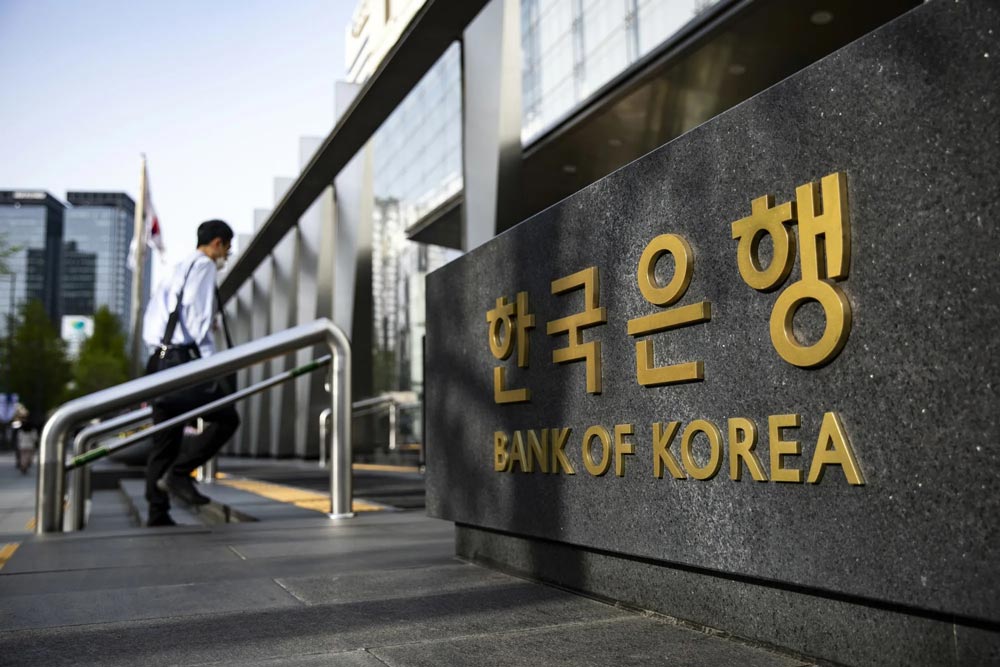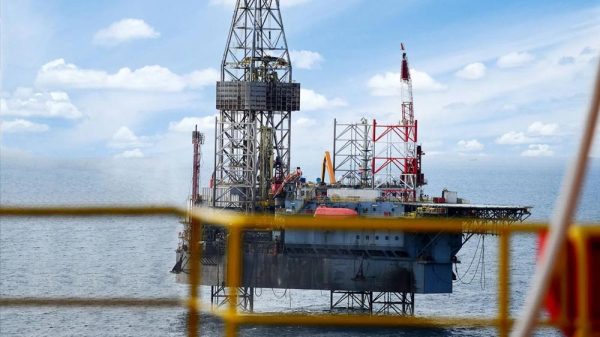South Korea’s economy faces a dual challenge entering 2025: domestic political uncertainty and external threats from potential U.S. import tariffs. However, according to Soohyung Lee, a member of the Bank of Korea’s (BOK) Monetary Policy Board, the looming tariffs proposed by U.S. President-elect Donald Trump pose a far greater risk than the nation’s ongoing political turbulence.
Political Uncertainty Likely to Ease Quickly
Lee highlighted that while South Korea’s political turmoil creates a downside risk to its economy, the effects are expected to subside within three to six months. “We’ve experienced political uncertainty before, with two presidential impeachments, and the economy has demonstrated resilience in both cases,” Lee noted.
The current political instability in South Korea stems from internal governance issues, but Lee believes these challenges won’t have a prolonged economic impact. The nation’s robust economic structure has consistently weathered such disruptions in the past two decades.
Tariffs: A Bigger Threat
In contrast, the external pressures from proposed U.S. tariffs on South Korean exports are more concerning. President-elect Trump’s protectionist stance could significantly impact South Korea, an export-driven economy.
“The potential tariffs put a lot of pressure, or perceived pressure, on export-driven countries like South Korea,” Lee explained. Such tariffs could reduce demand for South Korean goods in the U.S., one of the country’s largest trading partners.
Furthermore, the tariffs could trigger inflationary pressures within the U.S. economy, likely keeping interest rates high and maintaining a strong U.S. dollar. This scenario could weaken the South Korean won, which is already at a precarious position, trading near 15-year lows at 1,466.48 against the dollar.
Adding to the complexity, a depreciating Chinese yuan could further exacerbate the won’s weakness, increasing volatility in South Korea’s financial markets.
Economic Growth Outlook
The combination of internal and external pressures has led South Korea’s Ministry of Economy and Finance to forecast slower economic growth in 2025. The country’s GDP is expected to grow by just 1.8%, down from the 2.1% projection for 2024. The BOK also revised its forecast, predicting 1.9% growth instead of its earlier 2.1% estimate.
To counter these challenges, the South Korean government plans to introduce measures to boost domestic demand. These include tax exemptions on spending and incentives for companies that raise wages. However, the BOK remains focused on inflation and financial stability rather than prioritizing growth.
Monetary Policy at a Turning Point
The BOK has already adjusted its monetary policy to address economic uncertainties. In November 2024, the central bank cut its benchmark interest rate by 25 basis points to 3%, following a similar reduction in October. This marks the first time since 2009 that the BOK has implemented consecutive rate cuts.
While South Korea’s inflation rate rose to 1.5% year-on-year in November, it remains below the expected 1.7%. Despite these challenges, Lee expressed cautious optimism: “We have a pretty strong demonstration of the robust economy for the past 20 years, so I am cautiously optimistic about the economic conditions.”











